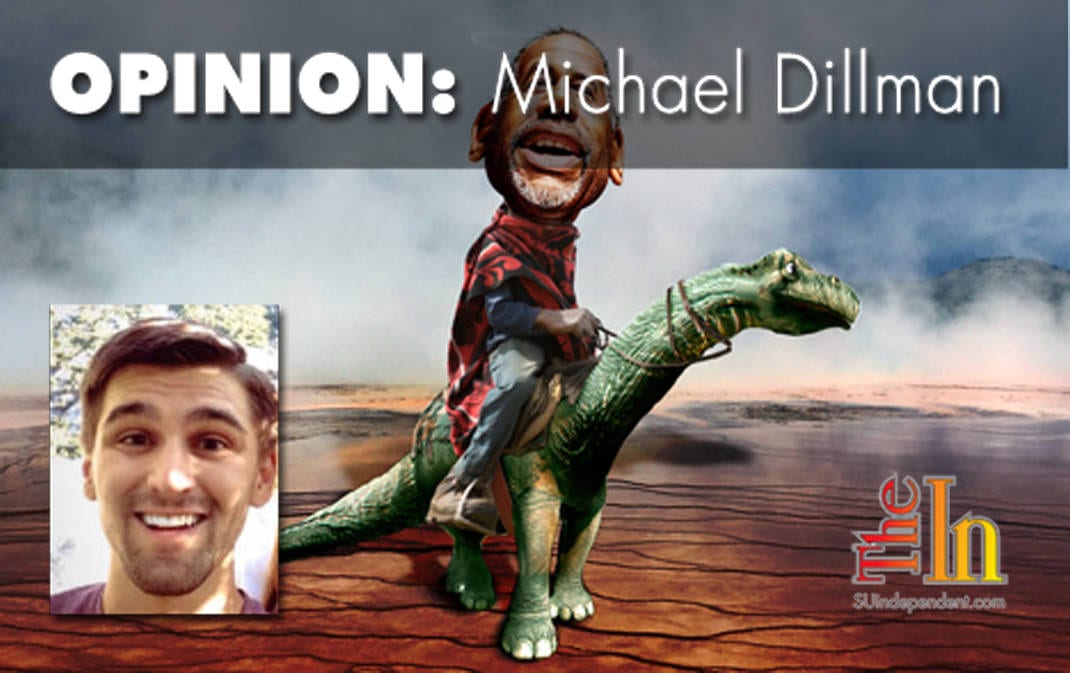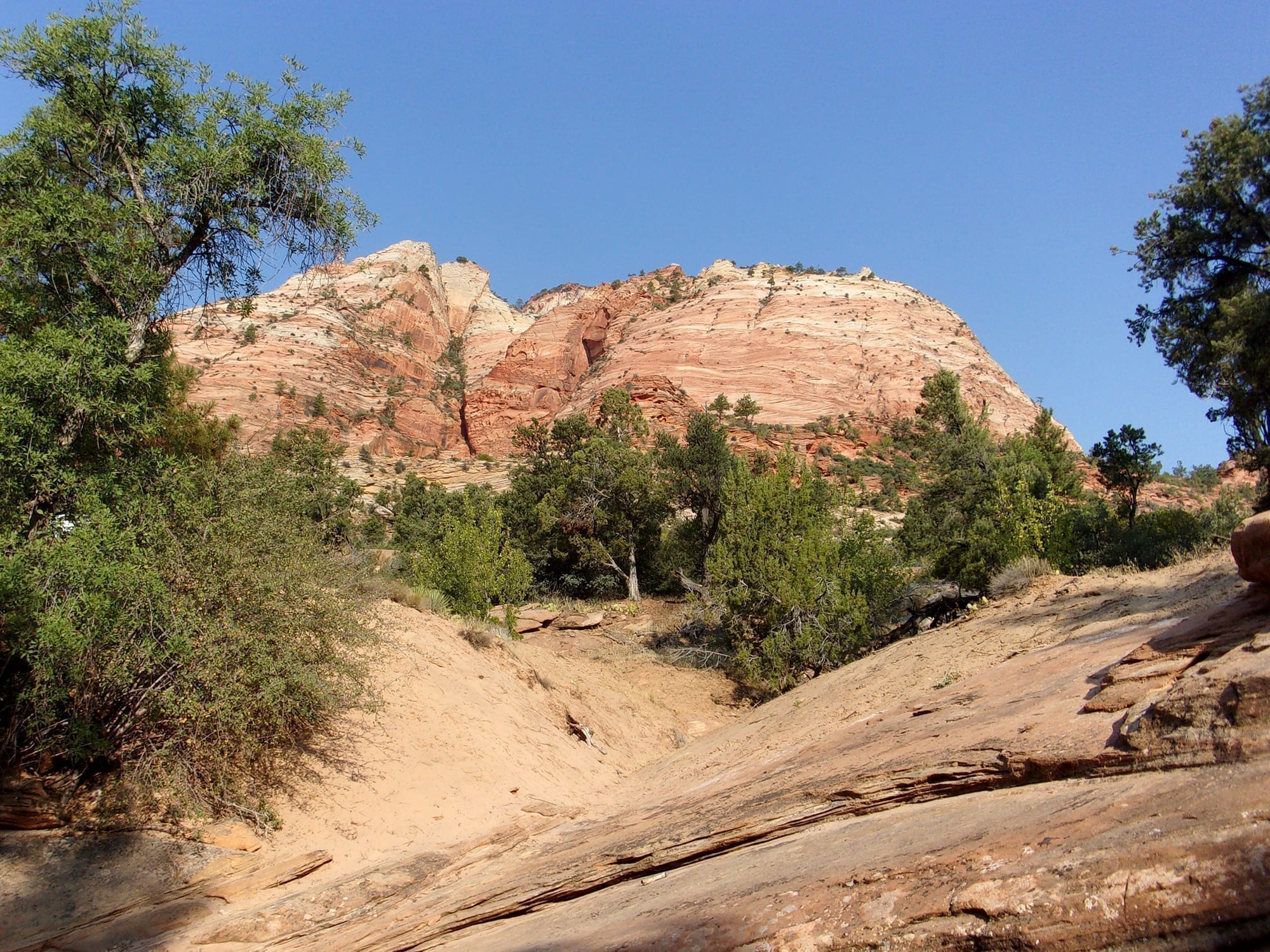
Ben Carson, hailed by conservatives for both is veteran neurosurgery skill and his complete lack of political experience and knowledge, is the new Republican presidential frontrunner according to a Des Moines Register poll conducted and published this week. Brandon Wade from the Associated Press posited that the “surge is undoubtedly fueled by religion.”
Most of us—journalists, candidates, and partisans included—are often reluctant to publicly question and examine the faith of individual candidates. But Donald Trump, in notoriously tasteless fashion, threw subtle shade at Carson saying, “I’m Presbyterian. Boy, that’s down the middle of the road, folks, in all fairness. I mean, Seventh-day Adventist, I don’t know about. I just don’t know about.” And then doubling-down on the comment at a campaign rally in Jacksonville, Fl., on Saturday, Trump said, “I love Iowa. And, look, I don’t have to say it, I’m Presbyterian. Can you believe it? Nobody believes I’m Presbyterian. I’m Presbyterian. I’m Presbyterian. I’m Presbyterian.” A less than good political move considering the church that he claims to attend in Manhattan has said he’s not an active member—and in an interview with Bloomberg, Mr. Trump wasn’t able to name his favorite Bible verse.
On “Face the Nation” last Sunday, Trump was insistent that his intention wasn’t to insult Carson, or anyone else; he is just “not that familiar with it.” In reality, the fact that only around a million Americans are members of the Seventh Day Adventist church means that most of us are probably as under-informed as Trump.
In a rare stroke, the Seventh-day Adventist Church spoke out about the June SCOTUS decision on same-sex marriage, but the vast majority of Adventists keep their distance from partisan politics, and the organization as a whole tends to stay out of political matters and often stresses the importance of the separation of church and state.
Carson isn’t your run-of-the-mill Seventh-day Adventist, though. He has publicly declared his devotion to the church’s effects on his political ideology and has made clear multiple times that he agrees with his church on some zany ideas, ranging from believing that God created the world in six days to thinking the theory of evolution was Satanically inspired and that Hell doesn’t exist.
Religion and politics can make for a volatile mix (see Mitt Romney’s 2012 candidacy). However, the Republican voter base is less concerned with Seventh-day Adventism than they were with Mormonism. Harvard Divinity School professor David Holland told CBS News that there is “considerable wariness” toward Seventh Day Adventism, but not quite the same level of scorn that a Mormon candidate would face. According to Pew, between 15 and 20 percent of the American electorate say they would not vote for a well-qualified Mormon or Seventh-day Adventist presidential candidate. Mormons and Adventists have many similarities, such as their abstinence from intoxicants as well as their 19th century American roots.
Adventists can be traced all the way back to March of 1843. At the time, a farmer in upstate New York named William Miller predicted that Jesus would return to Earth early in 1844. For whatever reason, people believed him, and those who believed sold all of their possessions in anticipation of the coming event. Obviously, the prophecy was never fulfilled. Reassuring his followers, Mr. Miller said not to fret! The return of Jesus would happen; he had just misinterpreted the date, and the new the date for Jesus’s arrival was set back a few months to Oct. 22, 1844. That prediction didn’t come true either, and a period in the church’s history aptly labeled “the Great Disappointment” began. Though during this time of grief and reflection (along with a massive hemorrhaging of members), the institution’s title, “Adventist,” was derived, Advent being the literal second coming of Christ.
After this brief speed bump, seemingly undeterred by history, the faith began to spread rapidly, and the church still stands by its strange claims to prophecy. In 1997, the Adventists issued a statement about their views on the matter that still stands on the church’s website:
Seventh-day Adventists are convinced of the validity of our prophetic views, according to which humanity now lives close to the end of time. Adventists believe, on the basis of biblical predictions, that just prior to the second coming of Christ this earth will experience a period of unprecedented turmoil, with the seventh-day Sabbath as a focal point. In that context, we expect that world religions—including the major Christian bodies as key players—will align themselves with the forces in opposition to God and to the Sabbath.
Oddly enough, Carson polls well among evangelicals despite the fact that he is a high-ranking member of a church that, as you just read above, essentially delineates a scenario wherein all other Christians stand on a demarcated battlefield as allies with Satan in a prophetic holy war against Christ.
In 2014, Carson traveled to a Seventh-day Adventist church in Australia to give a speech. In the presentation, Carson articulated that the “prophecy” was nigh. Then earlier this year, Carson was scheduled to speak at the Southern Baptist Convention’s Pastors’ Conference but was uninvited before the conference took place because of various theological concerns about his Seventh-day Adventism.
Today, the Adventist Church has more than 1.2 million members in North America and close to 19 million members worldwide.
A Monmouth University poll revealed that 89 percent of Republican voters find him more attractive simply because he has made it unambiguous as to what guides his actions: God. While his devout religious extremism has been advantageous to him over the course of the campaign thus far, his frontrunner status is likely to bring additional scrutiny to his religious investment in a fringe sect of Christianity called Seventh-day Adventism. Voters may (and should) have more questions about Mr. Carson’s bizarre faith.




As a former SDA, I read this piece with interest. Please note that w 20million members world wide, there is nothing zany or zanier than any other religion about SDAs. It is insulting to minimize any religion thus. Having said that, Ben Carson will never get my vote, not because he’s SDA, but because his conservative and wacky views just aren’t for me.